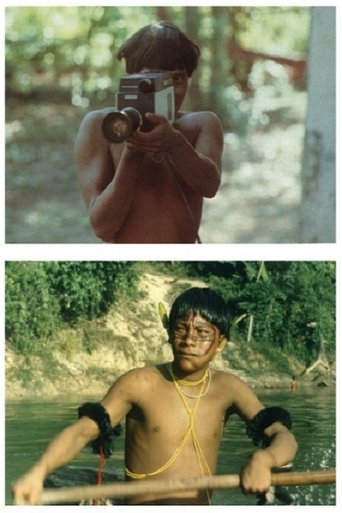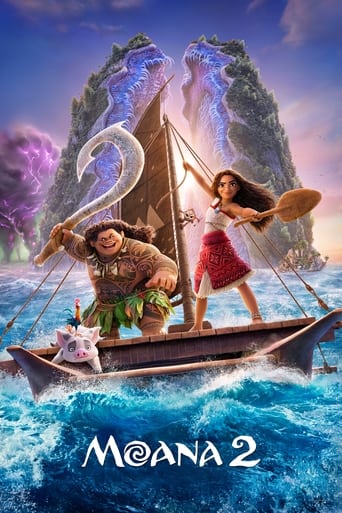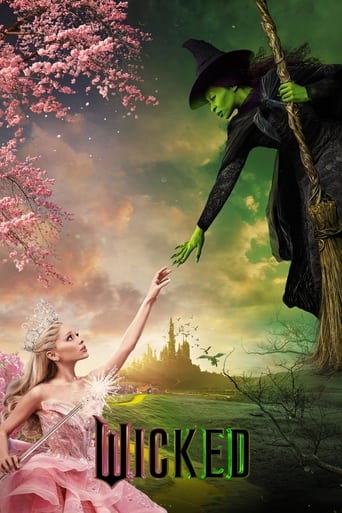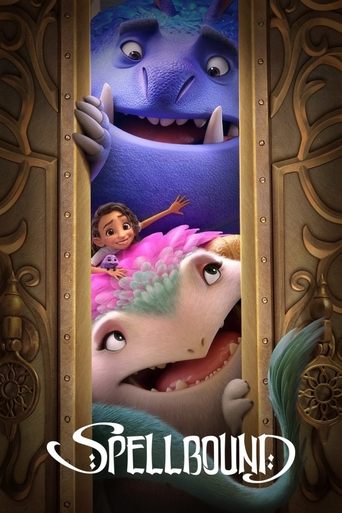
Merging the subjective and the objective, the autobiographical and the anthropological, The Laughing Alligator is a highly personal observation of an indigenous South American culture. Recorded while he and his family were living among the Yanomami of Venezuela, this compelling work distills Downey's search for his own cultural identity and heritage through the encounter between the Western family and the so-called "primitive" tribe. Challenging the anthropological view of the Yanomami as violent cannibals, Downey focuses on the tribe's myths, rituals and ceremonies, documenting funerary rites in which tribal members eat the pulverized ashes of their dead to insure their immortality. Subverting conventional modes of ethnographic documentary, Downey participates as an active presence, "shooting" with his video camera as a means of creating an interactive dialogue between artist and subject and addressing his own "yearning for a purer existence."
| Title | The Laughing Alligator |
|---|---|
| Year | 1979 |
| Genre | Documentary |
| Country | |
| Studio | |
| Cast | |
| Crew | Juan Downey (Director) |
| Keyword | |
| Release | Jan 01, 1979 |
| Runtime | 27 minutes |
| Quality | HD |
| IMDb | 0.00 / 10 by 0 users |
| Popularity | 0 |
| Budget | 0 |
| Revenue | 0 |
| Language |
 Apple TV
Apple TV Google Play Movies
Google Play Movies Fandango At Home
Fandango At Home Netflix
Netflix Amazon Prime Video
Amazon Prime Video Amazon Video
Amazon Video MUBI
MUBI











